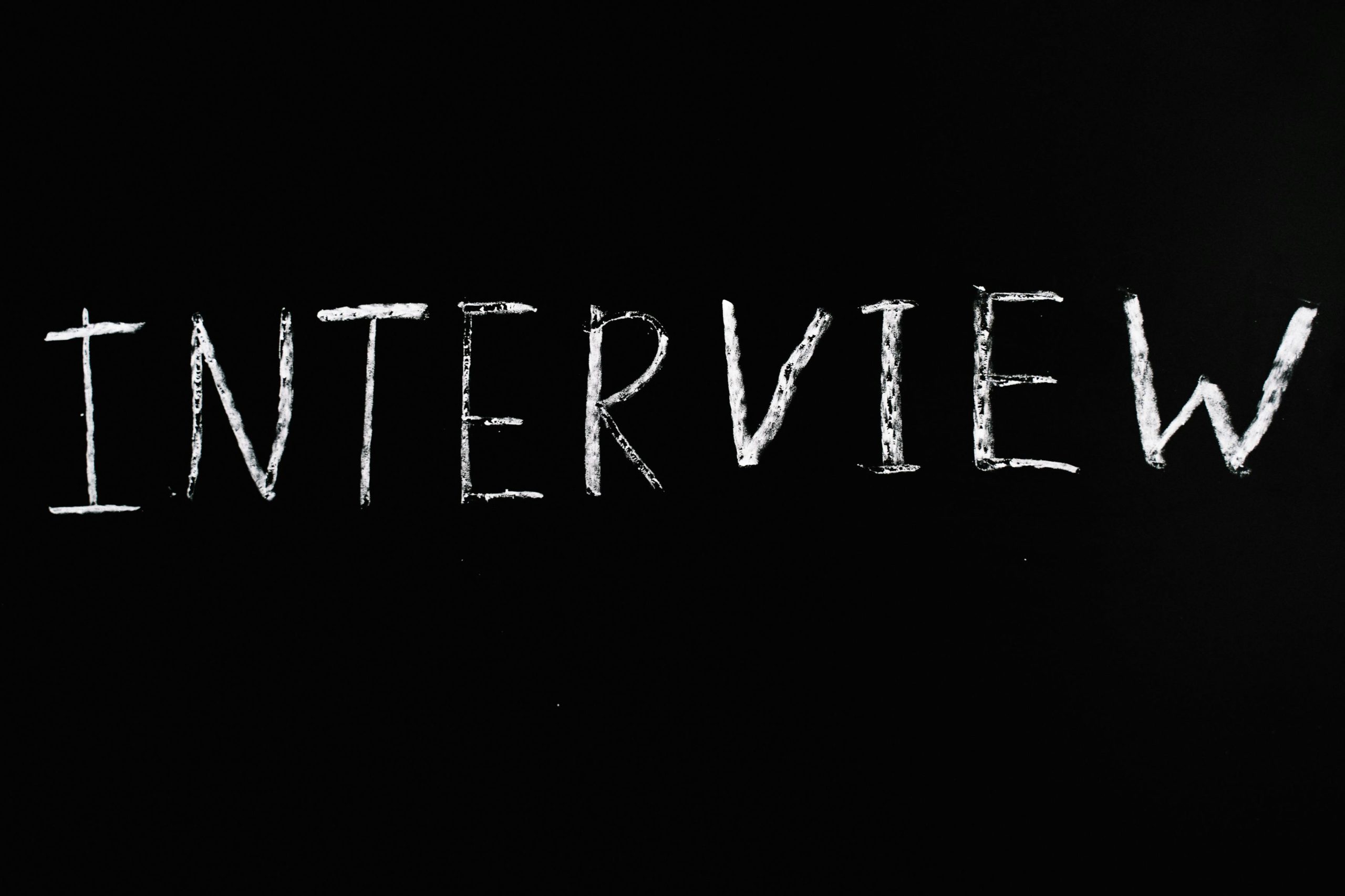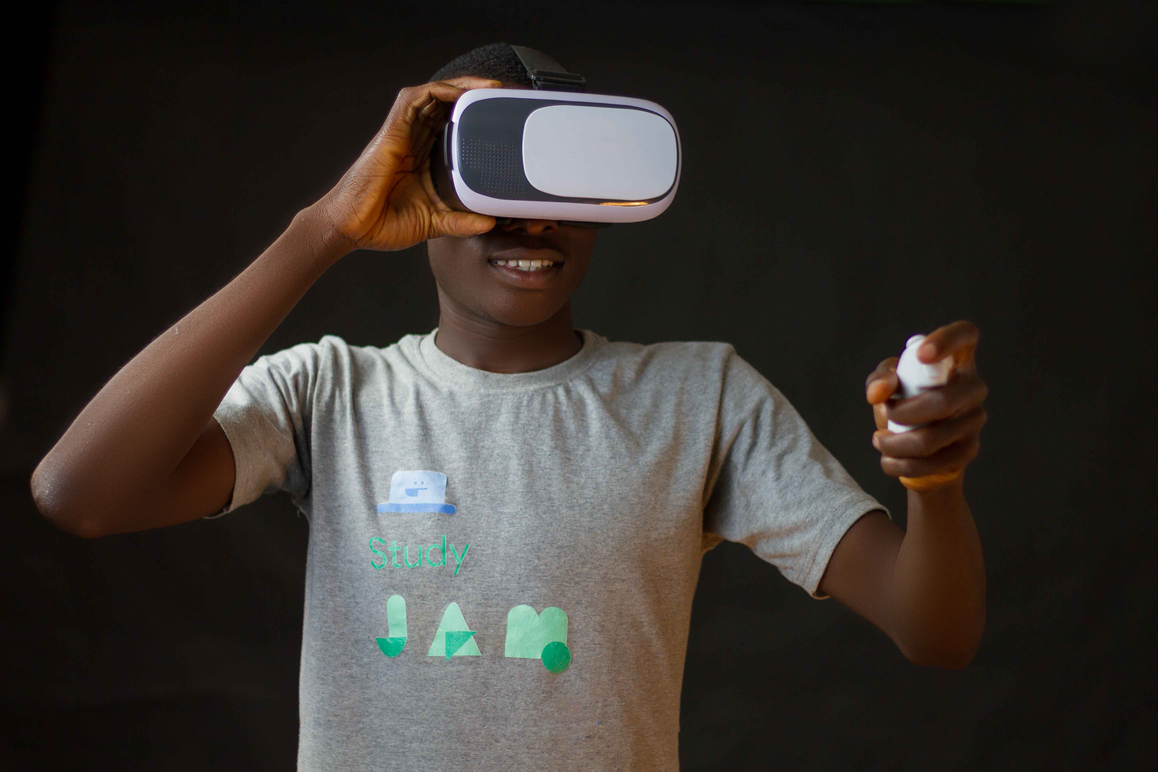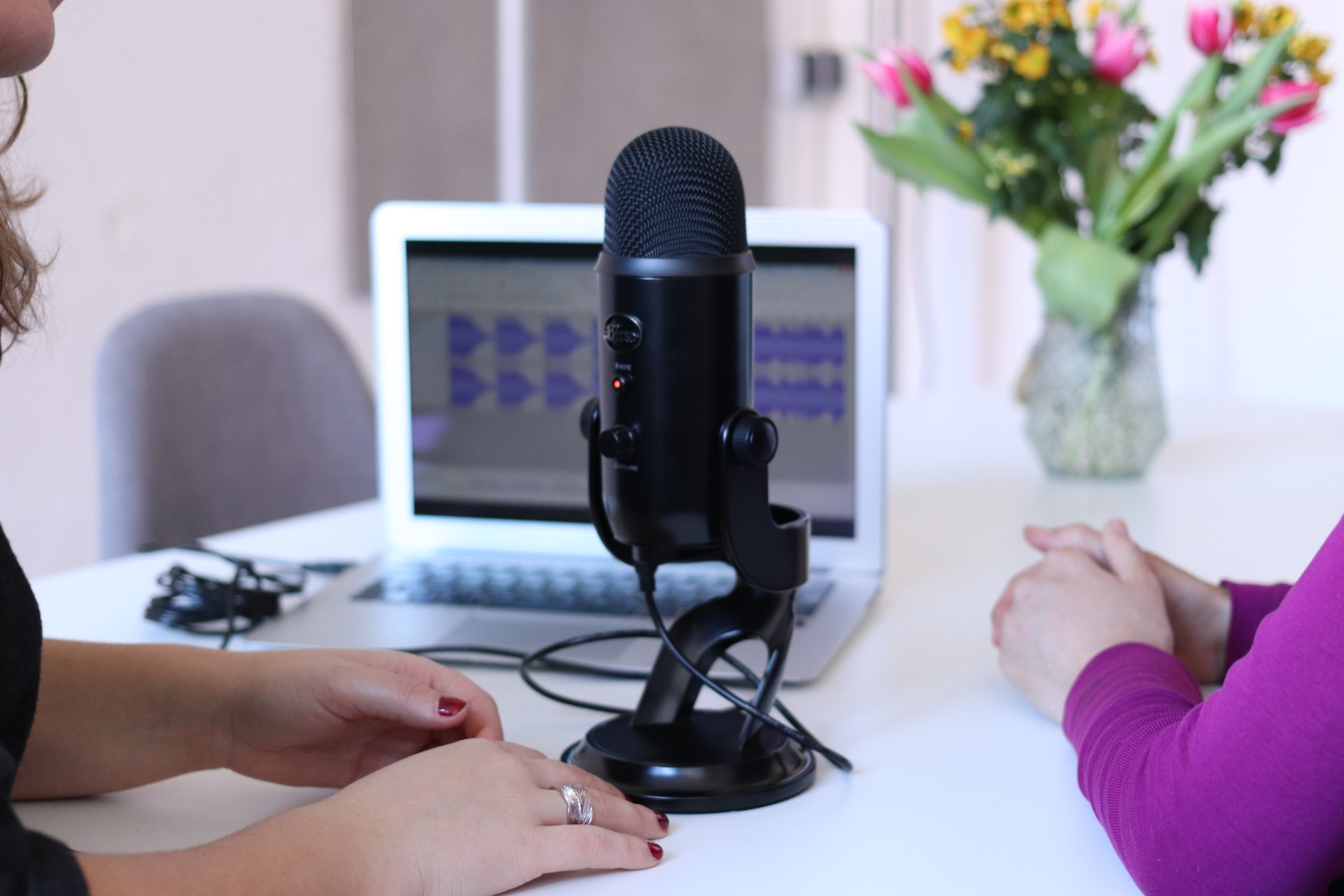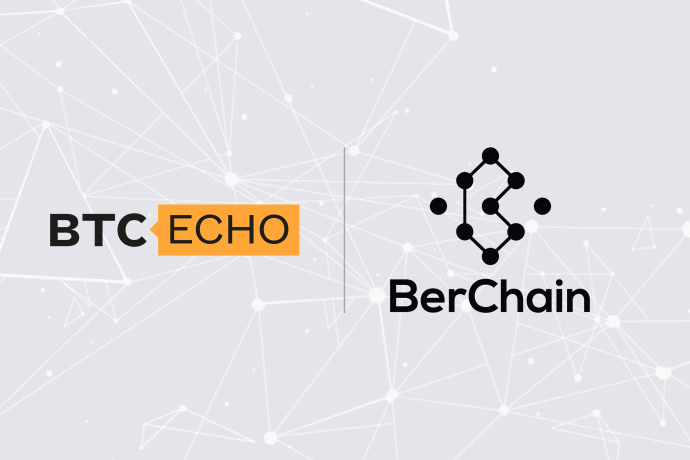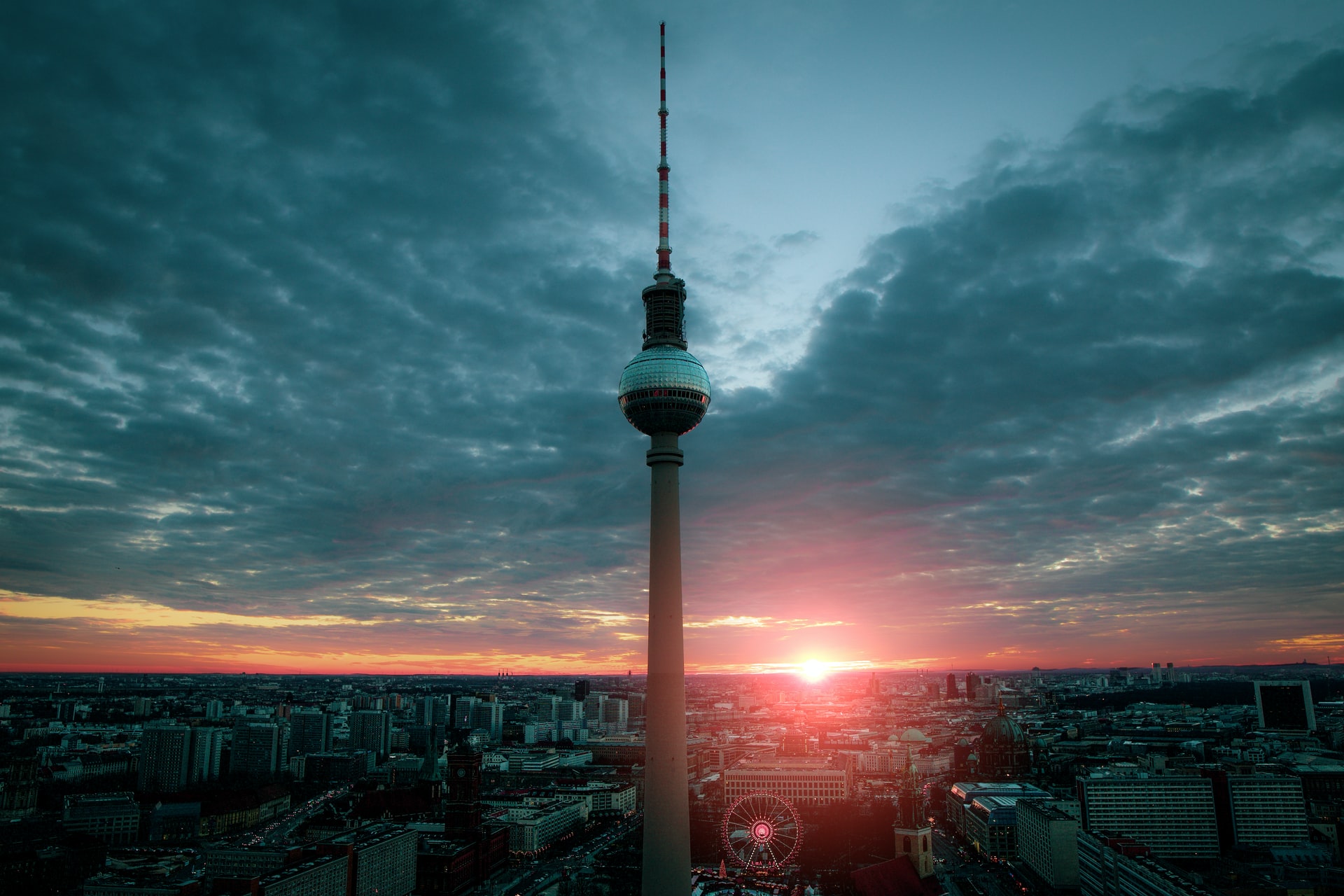
Berlin Blockchain Landscape
Berlin is at the center of the European blockchain scene. More than 120 companies, including start-ups, major corporations, tech accelerators, innovation hubs, research institutions, and investors are actively addressing blockchain technologies in Berlin. For this and other reasons, Berlin is attracting more and more investors to the German capital. Numerous public institutions, as well as private investors, are supporting the growth of this ecosystem. However, mapping this heterogeneous landscape, especially blockchain and DLTs, is not an easy task.
For this reason, a comprehensive overview of Berlin blockchain start-ups is offered by the Berlin Start-Up Map, a project of the Senate Department for Economics, Energy and Public Enterprises in cooperation with Berlin Startup Unit, Dealroom, and Berchain e.V as data partner curating the Berlin blockchain landscape list We interviewed Norbert Herrmann, from the Startup Affairs at the Berlin’s Senate Department for Economics, Energy and Public Enterprises about this project.
- Hello Norbert. Please start by introducing yourself first. What exactly is your role at the Berlin Senate Department for Economics, Energy and Public Enterprises?
The state of Berlin is very aware of the role that startups are playing to further develop the city. My job is to work on fostering the positive economic and societal effects by keeping in touch with the Berlin startup ecosystem. I call my job a kind of API between Startups and Berlin administration – even if there might still be some bugs to work on. - What is the State of Berlin’s Senate Department for Economics, Energy and Public Enterprises ‘s role in building up the startup ecosystem?
In my view the Berlin Startup Ecosystem has been autarkic from the very beginning. The Senate department for Economics, Energy and Public Enterprises is not really an “Ecosystem Builder” but we consider ourselves as positive supporters, alongside with other public players as the Chamber of Commerce, the Senatskanzlei, the Investment Bank Berlin and the Business Development Agency Berlin-Partner. Together we try to work on those issues that we can make a difference in. Example is the Berlin Investment Bank and its financial programs, especially IBB Ventures as the VC branch. Another example is the places of the future were Berlin fosters the provision of office spaces, also the Berlin Business Development agency Berlin-Partner which plays an important role to make life for startups easier. - Can you tell us about the Berlin Startup Map project and how it has been born?
The phenomenon startups is too new to have it in official statistics. Thus we do not have reliable data on startups. We have been thinking about that deficiency for quite a while. As the Berlin parliament addressed that lack of data we immediately started working on realizing a kind of startup overview in the Berlin capital – which resulted in the startup-map.berlin. - What are the benefits that the Berlin Startup Map will bring alongside?
Now we have a better idea of the importance of startups for the Berlin economy. We have a first estimation on the number of employees (78.000 plus), on the number of operational startups with Headquater in Berlin founded after 2010 (3.000). We also try to make the data more useful for filtering, e.g. Blockchain startups or Urban Tech Startups or Female Founders startups. We also provide the list of all startup that received the Berlin Startup Scholarship. We have a sub-page where we collect all info on public support and funding initiatives. To make it short: the aim is to increase transparency. - Berlin is increasingly becoming the German blockchain stronghold. What makes Berlin so attractive to entrepreneurs?
There are a lot of aspects pro Berlin in my view. Of mayor importance is the first wave of “Alumni” startups that got successful and stayed in Berlin – which today serve as mentors, teachers, multipliers, investors and more. Cheap housing and offices did play a role. The availability of talent, technology and the Berlin tolerance ever since played a role, maybe even the techno-movement? Berlin has been attractive for very heterogeneous innovative people for quite a while. - What are some of the startup ecosystem’s challenges?
Other states and cities have started realizing the attractiveness of startups for quite a while now. What we see is that Berlin keeps playing its leading and prominent role in Germany and Europe, even if housing and office space prizes are rising. For Berlin startups the big corporates to cooperate with are rarely in town – but even this hardly is an argument against Berlin. The influx of talent helps keeping Berlin on top, we need to support that influx. - What are the clusters you chose to include in the Map and how do you see this landscape growing in the next few years?
We work on having all industries and clusters being part of the overall startup-map.berlin. As the ecosystem is that big we need partners to curate the data and supervise segmented content of the ecosystem – as BerChain does for the blockchain branch. We would love to have partners with additional focus e.g. on GreenTech, Social Entrepreneurship – or other segments that can make sense. - BerChain e.V is currently a data-partner for the Berlin Startup Map, specifically for the Blockchain Landscape. Why does the senate find this collaboration valuable?
As the number of startups constantly keeps growing in the map it is very useful to have partners that help securing the quality of the data. When it comes to blockchain, who else but BerChain would be the right partner. We are very happy to have BerChain expertise being incorporated into the database – and we hope that this cooperation will keep growing. - Do you think the Berlin Blockchain ecosystem is competitive on an international level? And what are the factors that the ecosystem would aim to, to become so?
There is too many sub ecosystems in Berlin to always be able to perfectly know about – this is why for an expertise we would always point to and connect with the right persons. What we see is the number of blockchain startups in Berlin, which is – looking at the blockchain landscape – 120 or more. We also see some very successful players in this field, looking e.g. at bitwala, and we see blockchain as an enabling technology with spinnovers to a lot of other industries like fintech, IoT, AI or robotics and mobility. I am keen on staying in touch with BerChain and the Berlin blockchain ecosystem and absolutely keen on supporting next steps.

